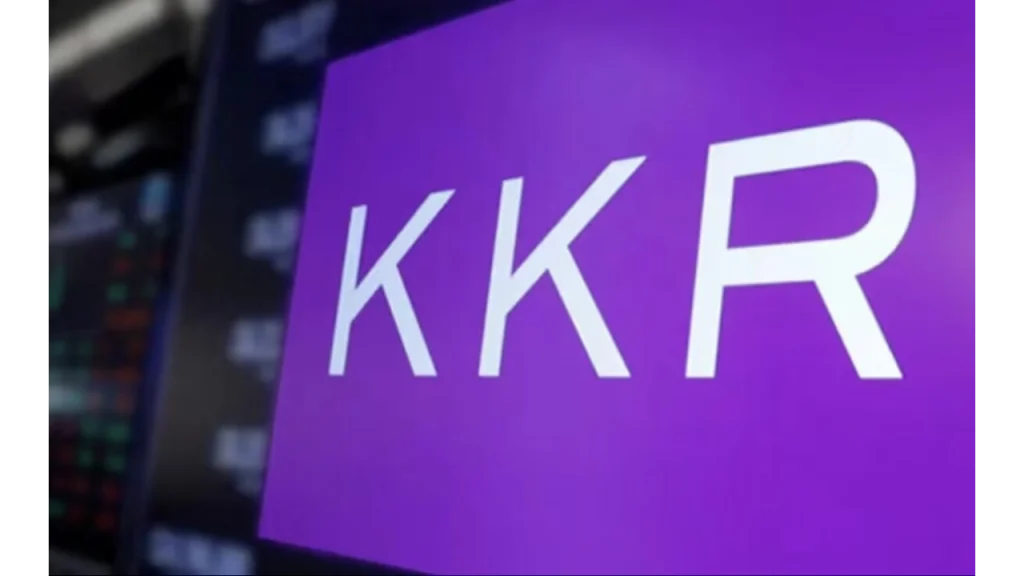• KKR already holds a 14.1 % stake in STT GDC following a 2024 minority investment with Singtel.
• STT GDC spans over 100 data centres across Asia and Europe; the takeover would mark KKR’s largest infrastructure deal of the year.
What happened: From minority stake to potential buyout
KKR is close to sealing an agreement to acquire full control of STT GDC, according to people familiar with the matter. The potential US$5 billion deal would come just a year after the firm and Singapore Telecommunications jointly put S$1.75 billion (about US$1.37 billion) into the company for a 14.1 % stake (Reuters).
STT GDC has quietly become one of Asia’s largest data‑centre operators, running close to 100 sites across more than 20 markets from Singapore and India to Germany and the UK. Its network underpins around 1.7 GW of IT load, serving hyperscalers and enterprise customers across the region (Data Center Dynamics). Sources say the talks are in an advanced phase, though a final agreement isn’t guaranteed and both sides have declined to comment.
Also Read: KKR-backed OneStream shareholders seek $466M in US IPO
Also Read: KKR becomes the largest shareholder in Fuji Soft
Why it’s important
If the takeover is completed, it would be one of KKR’s biggest moves in digital infrastructure so far and a sign of how quickly data centres have shifted from a support service to a core part of the tech economy. Demand has surged as AI, video streaming and cloud services push existing facilities to their limits, especially in Asia where STT GDC has its strongest footprint.
Full ownership would give KKR greater control over how the company expands in fast‑growing markets such as India, Singapore and South Korea, where governments are pouring money into AI and national cloud projects. For STT GDC, bringing in more capital under a single owner could help it keep pace with hyperscalers’ increasingly large requirements.
The talks also reflect a bigger trend in the market. Investors are now treating digital networks and server farms less like niche tech assets and more like utilities, alongside energy and transport. If KKR seals the deal, it could set off another round of consolidation as funds compete for limited capacity in key regions.

